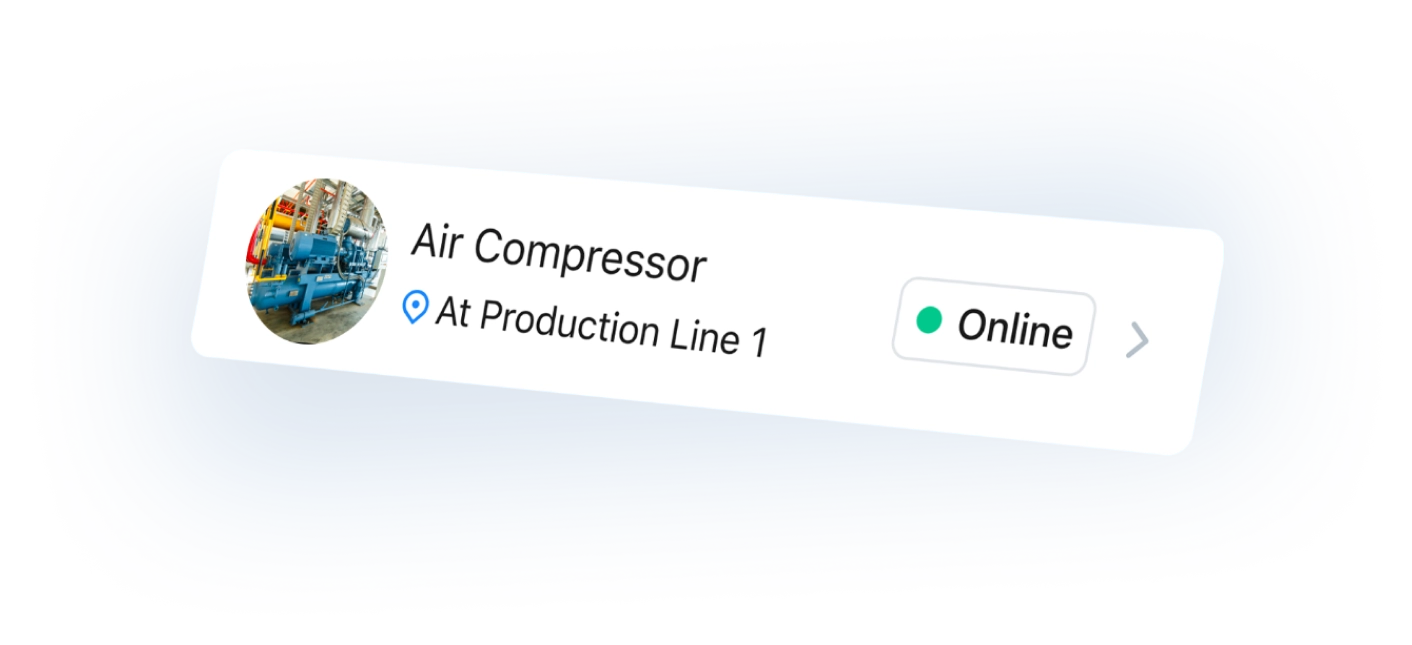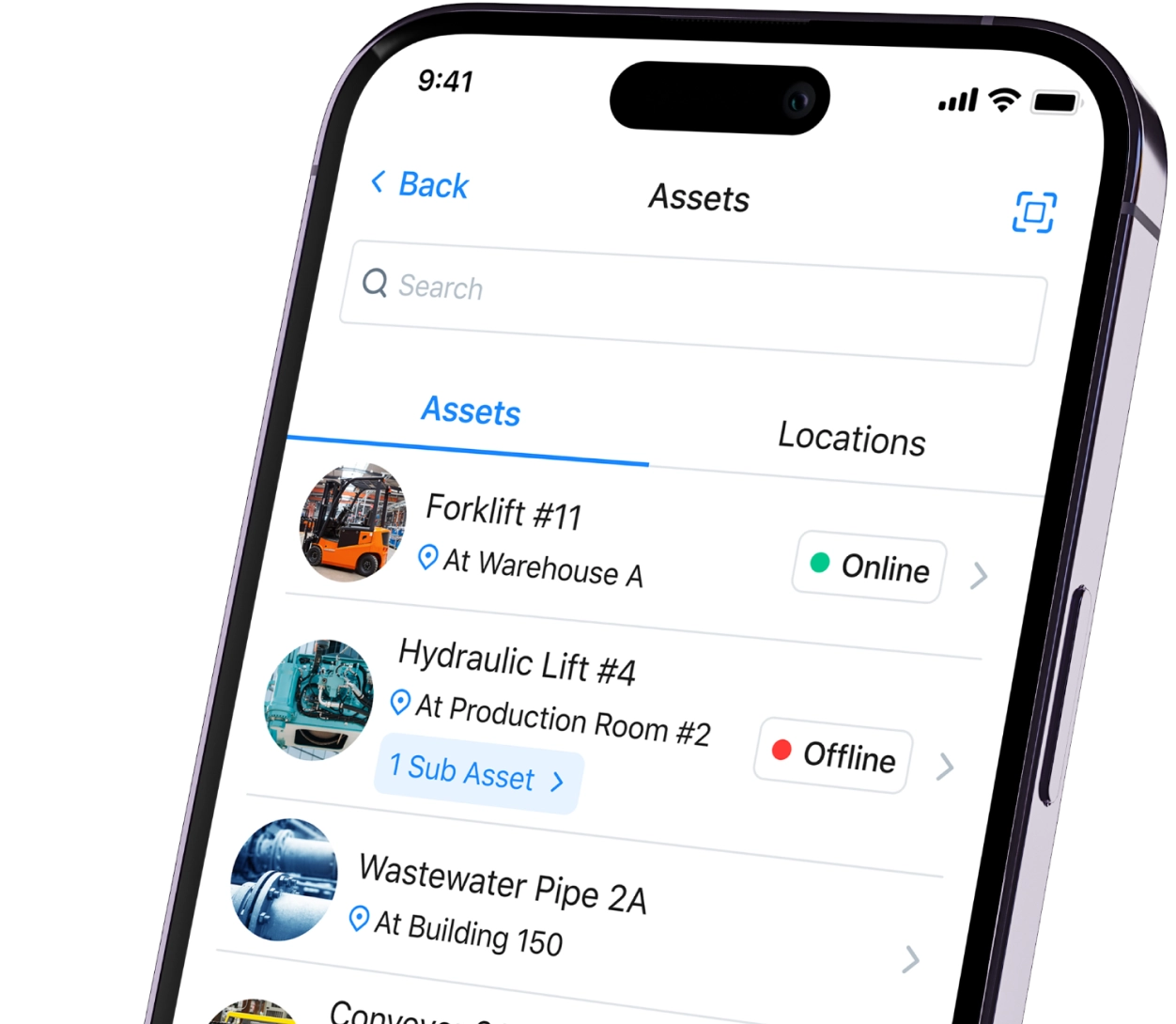Organizations struggling with unexpected equipment failures, rising maintenance costs, and inefficient resource allocation need a structured approach to manage their assets. A comprehensive asset management plan provides the roadmap to address these challenges and maximize asset value throughout their lifecycle.
Key Takeaways
- The asset management plan serves as a tactical roadmap for managing physical assets efficiently.
- It helps organizations maintain equipment properly, reducing operational costs.
- AMPs enable informed decisions about asset acquisition, maintenance, and disposal.
- Implementation requires a complete asset inventory, clear objectives, and regular updates.
- Effective plans balance service requirements with available resources for sustainability.
What is an asset management plan?
An asset management plan (AMP) is a strategic document that outlines how an organization will manage its physical assets to deliver required levels of service in the most cost-effective manner. The plan connects organizational objectives with day-to-day asset management activities through a structured framework that addresses the entire asset lifecycle.
A comprehensive AMP typically includes:
- Complete asset inventory with current condition assessments
- Defined levels of service and performance targets
- Lifecycle management strategies for each asset class
- Financial projections and funding strategies
- Implementation plan with actionable steps
The plan serves as both a strategic asset management document and a practical guide for maintenance teams responsible for keeping assets operational.
Why is an asset management plan important?
An asset management plan delivers critical benefits to organizations that rely on physical assets to provide services or products. Understanding these benefits helps maintenance professionals justify the resources needed to develop and implement effective asset management practices.
First, AMPs improve financial planning by identifying lifecycle costs, including acquisition, maintenance, and disposal expenses. This comprehensive view allows organizations to allocate resources more effectively and prevent unexpected budget shortfalls.
Second, proactive management extends the useful life of assets through preventive maintenance strategies. When equipment receives regular, scheduled maintenance, it operates more efficiently and requires fewer emergency repairs.
Third, a well-developed AMP supports informed decision-making about when to repair, replace, or dispose of assets. By tracking asset performance and condition, maintenance teams can identify priority assets requiring attention before failures occur.
Finally, effective asset management reduces operational costs through optimized maintenance schedules, decreased downtime, and improved resource utilization. Organizations using AMPs report significant savings in both direct costs and productivity improvements. For instance, studies show that asset failure costs businesses up to 10 times more in repairs and lost production compared to implementing a proactive asset management approach.
How to create an asset management plan

Define organizational objectives and requirements
The first step in developing an asset management plan involves defining what the organization aims to accomplish. This foundation ensures the plan aligns with business goals and delivers expected levels of service.
Begin by identifying these business goals. These might include reliability targets, performance standards, or specific service levels. Document these requirements clearly, as they will guide decisions throughout the planning process.
Next, establish asset management objectives that support these requirements. Objectives should be specific, measurable, and directly connected to organizational goals. For example:
- Reduce reactive maintenance by 30% within one year
- Extend average asset life by 15% through preventive maintenance
- Improve asset availability to 95% for critical equipment
These objectives provide direction for the entire asset management strategy and help measure success during implementation.
Complete asset inventory and condition assessment
A thorough asset inventory forms the foundation of any effective asset management plan. This inventory must document all physical assets and their current state to enable informed decisions.
Start by collecting comprehensive asset data, including:
- Asset identification and location
- Acquisition date and original cost
- Current performance metrics
- Maintenance history
- Technical specifications
- Criticality to operations
After documenting the inventory, conduct condition assessments to determine each asset's current state and remaining useful life. These assessments should use consistent rating scales and evaluation criteria to ensure comparable results across the organization.
For priority assets, perform more detailed inspections to identify potential issues before they cause failures. This information serves as the baseline for developing maintenance strategies and replacement schedules.
Develop lifecycle management strategies
Lifecycle management strategies address how assets will be maintained, operated, and eventually replaced throughout their useful life. These strategies balance performance, risk, and cost to optimize asset value.
For each asset class, define specific approaches for:
- Operating procedures that maximize efficiency
- Maintenance strategies (preventive, predictive, reactive)
- Renewal or rehabilitation requirements
- Replacement criteria and timing
- Disposal methods and costs
The most cost-effective strategies focus on preventive maintenance to extend asset life while avoiding expensive emergency repairs. Document standard maintenance procedures, required resources, and scheduling criteria for implementation by maintenance teams.
Risk assessments should inform these strategies, with critical assets receiving more attention and resources than those with less operational impact. This risk-based approach ensures limited maintenance resources deliver maximum benefit.
Prepare financial projections and funding strategies
Financial planning translates asset management strategies into budget requirements. This section of the AMP outlines future costs and identifies funding sources to implement the planned activities.
Calculate lifecycle costs for all assets, including:
- Acquisition or replacement expenses
- Ongoing maintenance requirements
- Operation costs (energy, labor, materials)
- Disposal or decommissioning expenses
Project these costs over a multi-year period, typically 5-10 years, to identify funding needs. Compare required funding with available resources to identify potential gaps.
When funding gaps exist, develop strategies to address them through:
- Prioritizing critical assets for immediate attention
- Adjusting service levels to match available resources
- Exploring alternative funding options
- Implementing more cost-effective maintenance approaches
The financial plan should be realistic and aligned with the organization's long-term financial planning to ensure sustainability.
Create implementation and monitoring framework
The final component of an asset management plan is a clear framework for implementation, monitoring, and continuous improvement. This framework transforms the plan from a document into actionable steps.
Develop an annual works plan that schedules specific maintenance activities, inspections, and capital projects. Assign responsibilities for each action and establish timelines for completion.
Create performance metrics and KPIs to track progress toward asset management objectives. This ties into the first step, where you are defining objectives and high-level KPIs. These might include:
- Asset availability and reliability rates
- Maintenance compliance percentages
- Cost per asset or maintenance hour
- Remaining useful life trends
Schedule regular review sessions to evaluate performance against targets and adjust strategies as needed. The asset management plan should be a living document that evolves as the organization learns and conditions change.
Minimize downtime and manage assets efficiently
Implementing an effective asset management plan requires appropriate tools and systems to collect data, track maintenance activities, and monitor performance. Tools like MaintainX asset management software and others streamline these processes and improve outcomes.
Modern asset management software provides capabilities for:
- Maintaining complete asset records with maintenance history
- Scheduling preventive maintenance automatically
- Tracking work orders and maintenance activities
- Analyzing performance data and identifying trends
- Generating reports for management decision-making
When selecting tools, prioritize solutions that match your organizational needs (such as facility size, asset complexity, and maintenance team capabilities) and integrate with existing systems. The right software simplifies implementation and increases compliance with the asset management plan.
Successful organizations also focus on building a culture that supports proactive management. This includes providing training for maintenance staff, establishing clear processes, and recognizing the value of preventive activities.
FAQs on Asset Management Plan
An asset management plan provides a structured approach to managing physical assets throughout their lifecycle. It helps organizations identify what assets they own, determine their condition and performance, plan maintenance activities, and make informed decisions about repair, replacement, and disposal. The plan balances service requirements with financial constraints to optimize asset value.
Asset management plans should undergo review annually to ensure alignment with organizational objectives and operational realities. Major updates typically occur every 3-5 years, with additional revisions when significant changes affect asset requirements or organizational priorities. Regular monitoring of performance metrics may trigger updates when assets aren't meeting expected service levels.
An effective asset management plan includes a complete asset inventory, defined levels of service, lifecycle management strategies, financial projections, and implementation framework. The document should clearly connect organizational objectives with day-to-day asset management activities and provide specific guidance for maintenance teams. Risk assessment information and performance metrics complete the framework for decision-making.
Asset management plans improve decision-making by providing comprehensive data about asset condition, performance, and costs. This information allows maintenance professionals to prioritize activities based on criticality, risk, and resource availability. The plan establishes clear criteria for repair versus replacement decisions and helps balance short-term operational needs with long-term sustainability goals.






